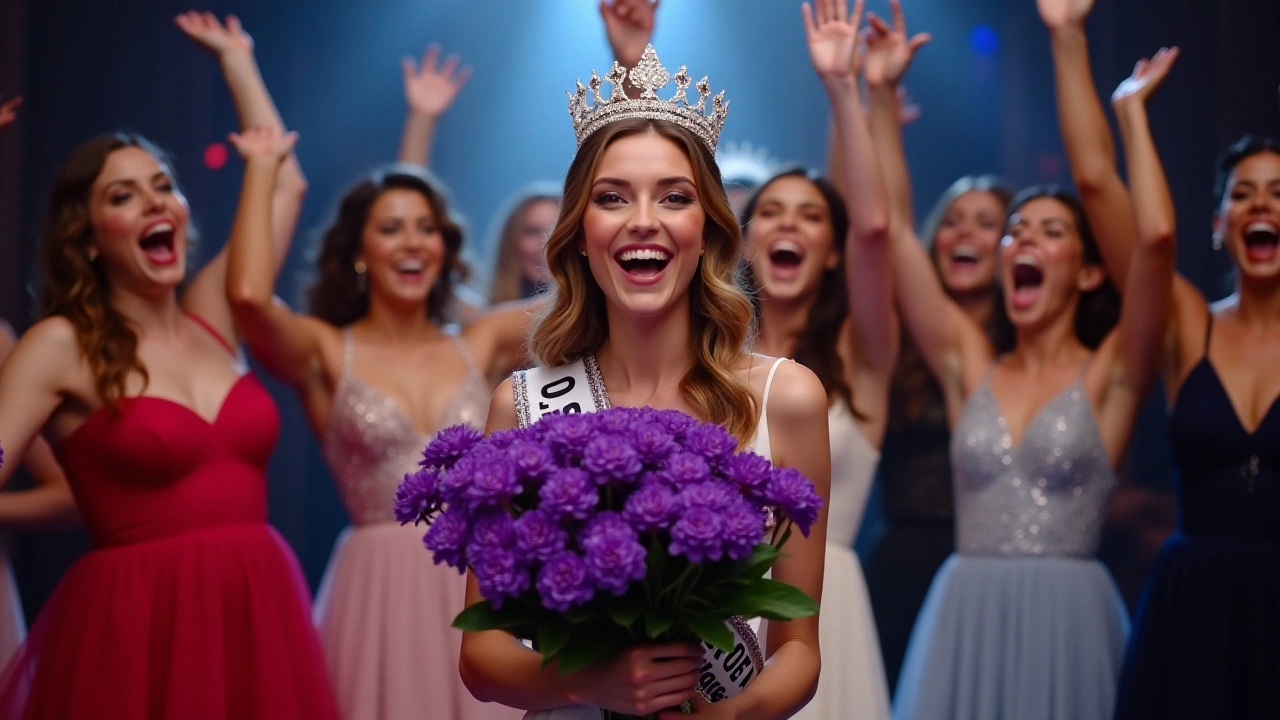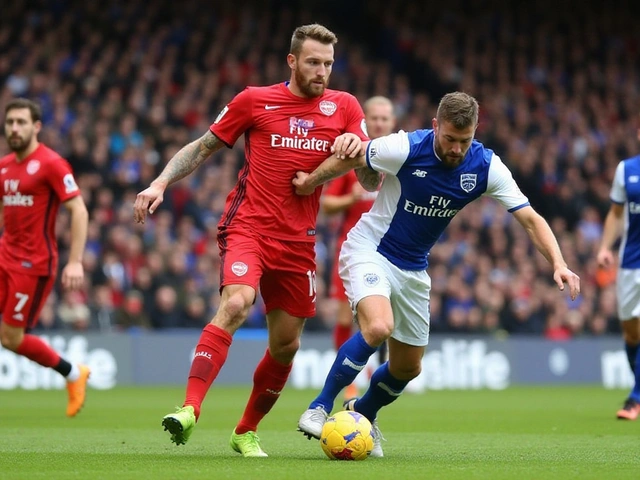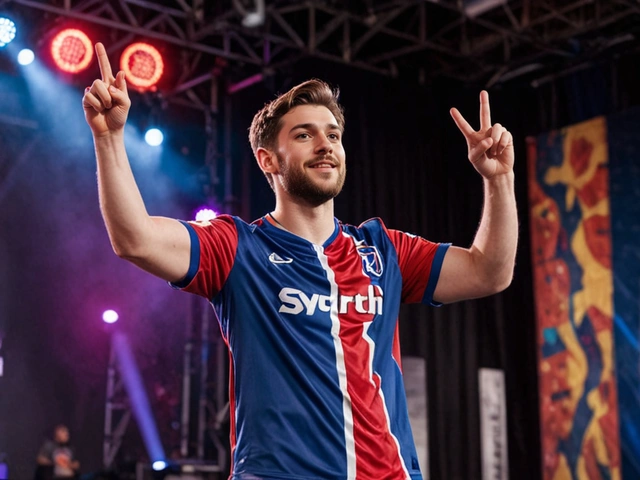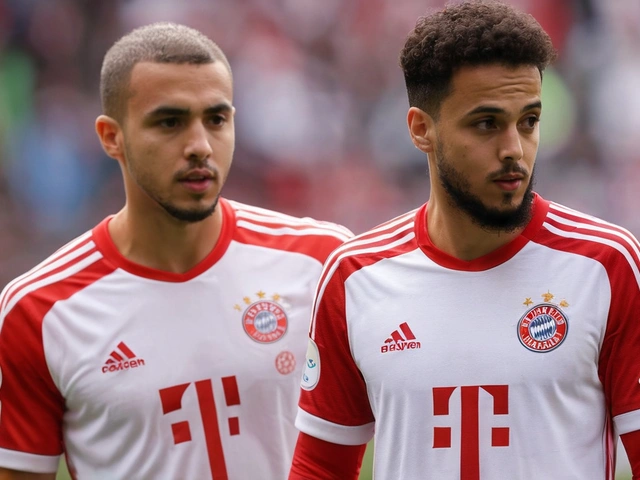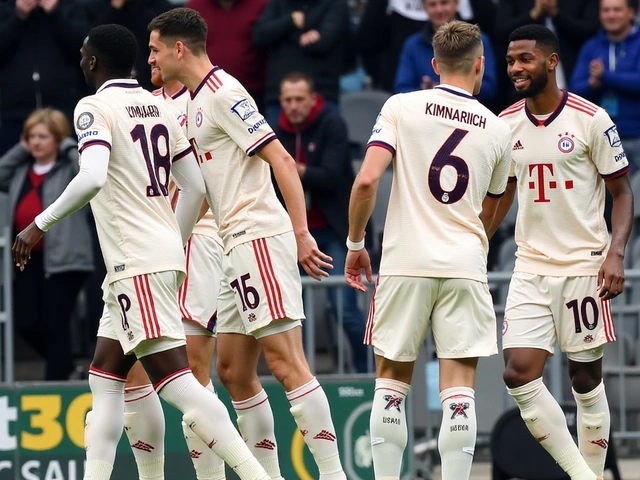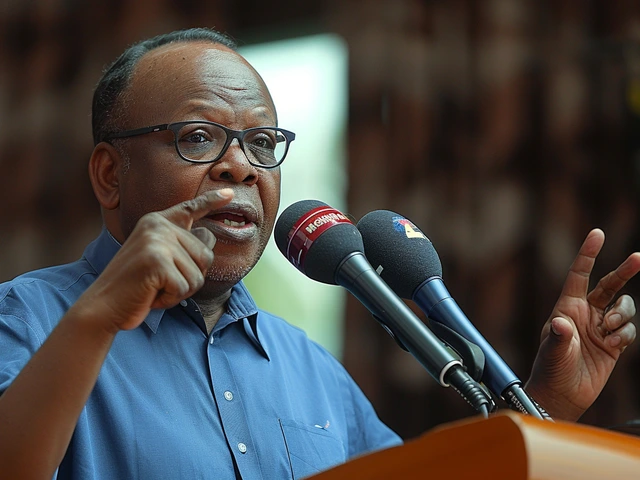Cultural Celebration: Bringing Traditions to Life
Culture is a lively part of how communities express who they are, and celebrations are the heart of those expressions. Whether it’s a festival, religious ceremony, or a special event, cultural celebrations connect people and keep traditions alive. For example, take Eid al-Fitr 2025. Different countries mark the festival based on local moon sightings, which means celebrations may be a day apart. Saudi Arabia and the UAE start on March 30, while Malaysia and India join in on March 31. This shows how culture adapts even within the same faith.
Diverse Festivities, Shared Joy
Not all cultural celebrations are tied to religion. In entertainment, Nollywood’s movie industry shows a different kind of cultural tradition. Actor casting is often repetitive, as explained by filmmaker Enioluwa Adeoluwa, who points out that financial limits mean the same actors keep getting roles. This repetition isn’t just about economics, but also about audience expectations and industry habits.
These examples remind us that culture is both personal and social. It’s how people share stories, values, and identity with each other. From grand festivals to local film choices, every celebration has a story that reflects deeper cultural threads.
Why Cultural Celebrations Matter
Beyond just the festivities, cultural celebrations help build community and create a sense of belonging. They remind people of history and heritage, often empowering them during times of change. Whether it’s a traditional festival or a modern-day event, these cultural moments invite us all to join, learn, and celebrate diversity. So next time you see a festival or cultural event, remember it’s more than just fun — it’s a living, breathing story about people and their roots.
